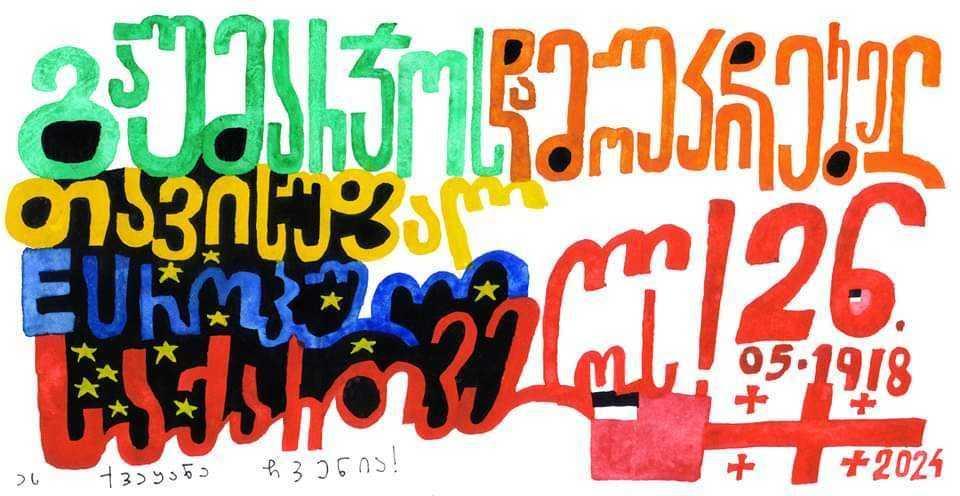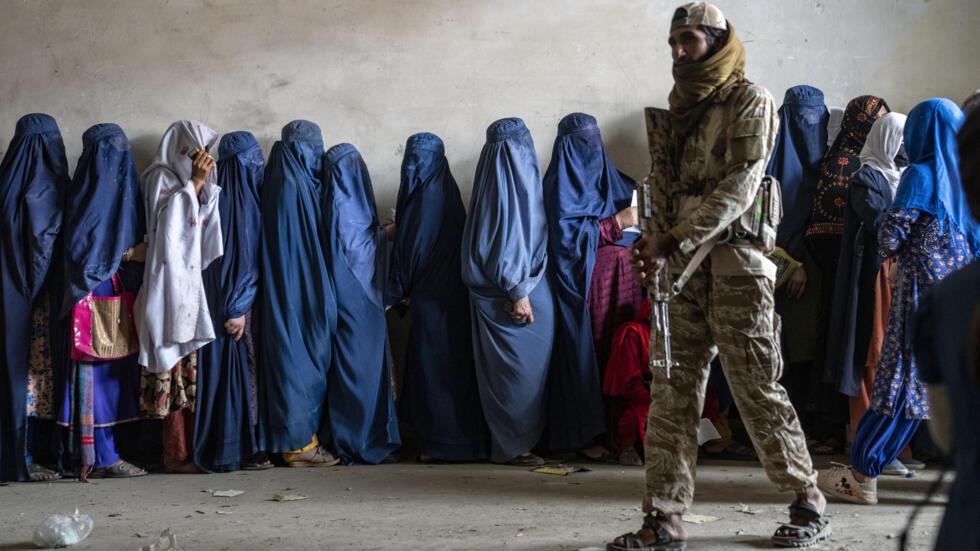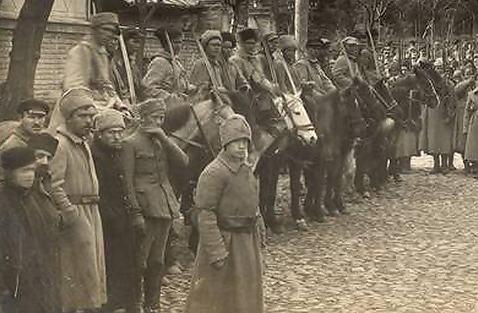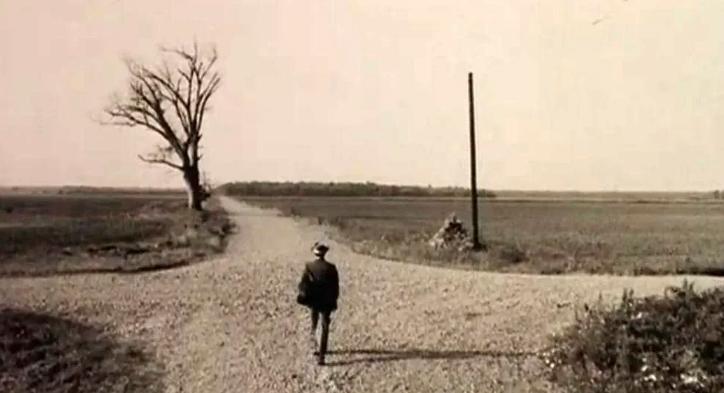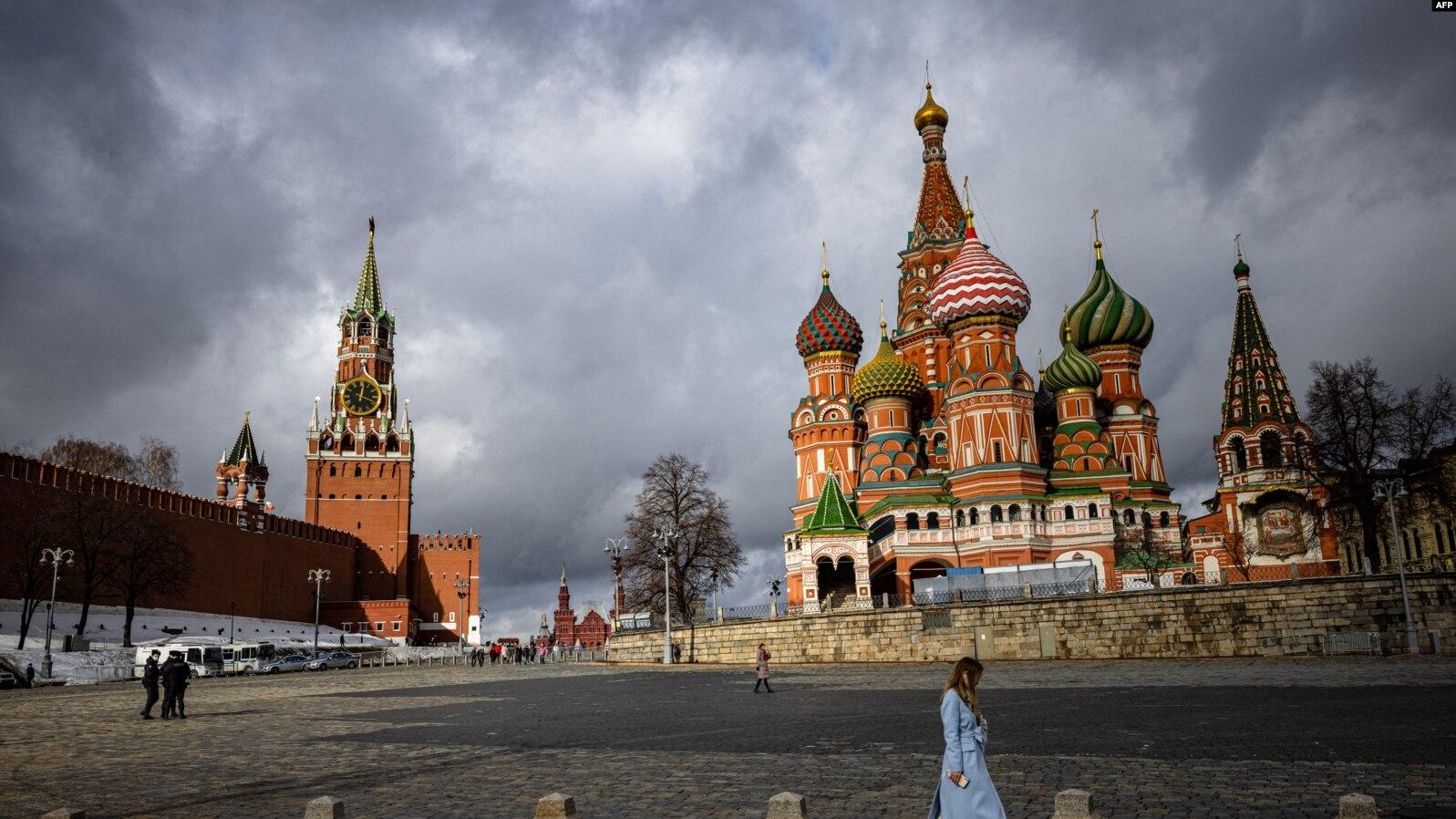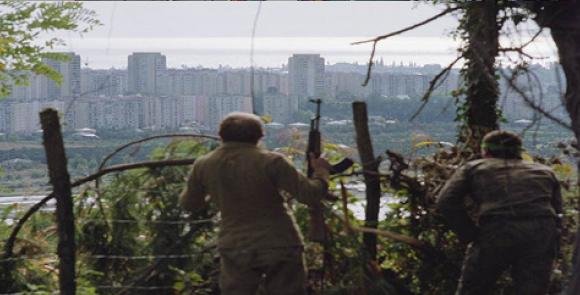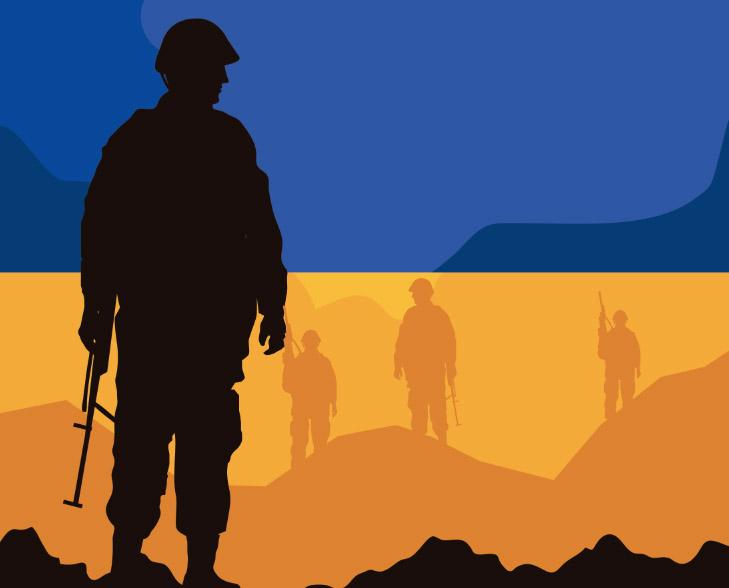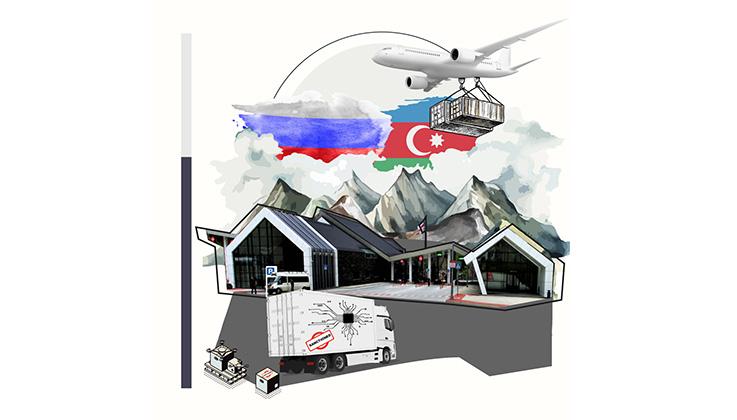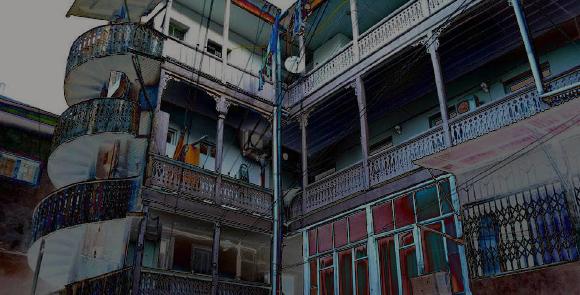
Author : Levan Gurielidze
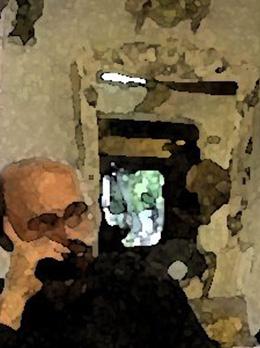
In the Italian Courtyard Neighborhood
Beyond “Kodzhori Gate” in the neighborhoods of Sololaki, Mtatsminda, and Vere, there are many private spaces that Tbilisi residents call “Italian courtyards” because of their resemblance to images of Italian neorealist cinema. I spent all my childhood and youth there, and know them very well. Today, people claim that these courtyards lived like one big family, but that is not exactly true. A lot of gossip and joys were shared and, God forbid, if someone died, none of the neighbors would dare to turn on the TV. If someone was sick, the courtyard took care of them together; and when it was time for a wedding, the neighbors were first to be invited, even before the relatives!
In the slow and traditional course of life in our courtyard, which even the storms of Zviad Gamsakhurdia’s national movement could not change, people played backgammon and dominoes, talked about sports and the weather, and in the evenings sipped one of the neighbor’s village wine - the toast to “our red fence” was sometimes replaced by a toast to “the dogwood-colored flag” with black and white stripes. At that time, the newspapers were full of previously unknown and forbidden political topics, and the air shook with the sounds of yelling coming from the avenue. But I had no co-demonstrators or co-protesters among my neighbors apart from Victor. Our courtyard was still living its sluggish life, and, frankly speaking, I wondered if there were only two people from each courtyard in Tbilisi coming out to the rally, what impact could it possibly have?
Victor was a lonely, aged man. He had been living in Moscow, but had to leave everything to return to Tbilisi to serve in some corporation. Victor and I never missed a single rally or demonstration; we would visit even the most remote districts of Tbilisi and would return home late at night, exhausted. Sometimes we acquired new friends at the rallies, and some faces familiar from television would come to visit us. The neighbors would invite them to the table, drink to their health from special glasses, and in toasts Victor and I were given a special mention.
Gamsakhurdia’s era was short-lived, and the national government soon fell. The triumphant cheers from the avenue faded, but rallies and demonstrations—now against the military council—continued unabated. A rally near Didube metro station was raided and fired upon, and soon after, another rally near Delisi metro station faced a similar attack. Victor and I were together again for a further rally, where the head of the demonstration, which stretched all the way from Station Square to the university. Special-purpose vehicles from Kadjeti Fortress sprayed us with water, dispersing the crowd. The next day, we set off again from Station Square. On the side of what was then Chelyuskin Street, residents of high-rise buildings opened their doors and windows on every floor: men raised glasses of wine to us, while women tossed flowers, openly wept, and wiped their tears. We marched in the front rows of the demonstration. As we approached Chelyuskin (now Tamar) Bridge, Victor was called by an acquaintance and stepped aside. I moved with him onto the sidewalk to wait. Within a few minutes, a deafening gunshot rung out. Firing from the circus had struck the front rows, and people were forced back, sweeping us down the slope at the edge of the Kura River.
Many people were injured and killed that day. After 2 February 1992 the noise of the demonstrations quietened for a long time. The sounds of the roaring protests faded away, but we, the faithful “Zviadists” who stood for freedom, continued to resist the junta in every way we could including through newspaper protests and by hanging proclamations on trees. Our courtyard remained silent though, and Victor was my only companion in all overt and covert acts of protest.
With the arrival of the president, the spirit of resistance reawakened in Tbilisi. The junta was worried and, fearing that troops sent from the west of Georgia would attack Tbilisi, began preventive arrests and threw people into prison or to serve as human shields. Women and the elderly were not spared.
One evening, a distant relative of mine who worked in the police approached me, panting. He pulled me aside, first showing me the letter he held in his hands, then quickly explaining that there was an informer in every courtyard—both for the police and for the security services. He added that this letter had just arrived at their department. Taking a piece of folded paper from the envelope, he read it to me. It was addressed to the chief of police, stating that in our courtyard, where 50 families lived, about five families were suspected of sympathizing with Gamsakhurdia. It also claimed that one resident, Levan Gurielidze, along with his family, was an active and especially dangerous supporter of his. The letter was signed by Victor.
Standing before my relative, I felt the crushing reality. Sensing my shock, he took my hand and said: “Now is not the time to faint. Get dressed quickly and bring your wife and children.” He hurried us into his car and drove to a village where he had a small country house. He instructed me not to leave the house under any circumstances. After a month, he agreed to my suggestion and helped me to fast-track the sale of my apartment. I used the money to buy an apartment in a high-rise building outside the city, close to his house.
Since then, I have lived here for three decades. I know only my house and flat number, the block, and the district —I don’t know the numbers of any other buildings, and I don’t know any of my neighbors. The only person I know here is the shoemaker who works in a booth at the entrance to my building.
My relative explained that informers for the police and security forces are often minor officials working nearby—such as cooperative chairmen, shopkeepers, or small-scale traders. So, I deliberately lied to the cobbler, claiming that I was only temporarily staying in this apartment rented out by my relative, and I assure him every year that I’m about to move out. But, in reality, it’s not the cobbler I’m lying to—it’s myself; after all, if he were truly an informer, wouldn’t he already know all about me?
P.S. As readers will understand, Victor’s real name has been changed in this otherwise true story.
A Wedding Ring
A wedding ring, circular and unending, symbolizes eternal love. I’ve always found it natural to see such a ring on a woman’s finger as emphasizing her nurturing nature and prudence. At the same time, it subtly signals to strangers: “My heart and body are committed—don’t waste your efforts.” However, a wedding ring on a man’s finger always irritated me, as I saw it as an ostentatious display of masculinity or as an exaggerated show of fidelity—often, ironically, by those who betray it.
I would never have considered wearing a wedding ring myself if it weren’t for an unexpected turn of events. Those who remember Georgia in the 1990s will recall how citizens loyal to the president were often dismissed from their jobs without reason. I was among them. Raising two children was possible only through the help of my wife, who worked as a nanny for a family aligned with the new regime, while I stayed home with the kids. In those days, only a few wealthy families could afford generators and gas to cook with, while the rest of us made do with candles and “tin stoves.” We vented the smoke through pipes stuck out of our windows, and soon the building was blackened with soot. Firewood was expensive, so the children and I would go to the nearby coniferous park, where I turned gathering into a game. We’d compete to see who could collect the most pine cones, which we used, along with fallen branches, to fuel the stove. For food, my wife would bring home leftovers from the family she worked for, and we got clothes from close relatives whose children had outgrown theirs. I could endure these hardships, but what pained me more was when the ice cream seller came to our courtyard and my children didn’t ask me for ice cream—or when we passed toy stands on the street, and they wouldn’t even glance at the toys.
As the old saying goes, when it rains porridge, the beggar has no spoon. And so it was for us. My wife’s babysitting job ended, leaving us with nothing. Complaining wouldn’t help—our children were hungry. We saw a notice in the newspaper from a book dealer and called him; there was no other choice—I had to part with some of my beloved library.
A burly man arrived, parked his van in the yard, climbed up to our floor, and hauled two large sacks with him. He pulled up a stool and began sorting through the books on my shelves. Standing by the corner, I couldn’t bear to watch, so I stared out the window instead. For just a moment, I turned to see him brandishing two volumes of Don Quixote in his hands, wetting his index finger as he thumbed through the pages, as if to test the books’ condition.
This was a two-volume set from the 1950s, inherited from my grandmother’s library, translated by Niko Avalishvili, with the characteristic cover illustration. Back in eighth grade, I had taken those hefty volumes with me to the village. Captivated by Hidalgo’s adventures, I lost myself for a whole month, forgetting about the river, hunting, and even football on a real grass field—I spent my days reading, sometimes squealing with delight, sometimes rubbing my hands in excitement.
“Stop!” I shouted suddenly. The bookseller’s hands shook in surprise, and the books fell from his grasp. “Stop! I am not selling any more books!” Startled, he quickly emptied the books from his bag, stuffed the sacks under his arms, and fled from the house.
I opened my wife’s small trunk, took out my wedding ring, and took it to the nearest pawnshop. They gave me some money - and a month to reclaim the ring. For that month, I found refuge, working at the Eliava market. My hands, accustomed to holding only a pen, turned to heavy lifting, which soon nearly broke my back. The wages were meager, but by the end of the month I managed to scrape together almost the entire amount - only to miss the deadline by a single day.
When I leaned into the pawn shop window and handed over my receipt, the cashier looked at me and rolled her eyes. “Oh, it’s you! I have your ring right here—I was just about to put it up for sale!”
“Give me the ring!” I said, reaching out. With my thumb and forefinger, I quickly snatched it from her grasp before she could put it on display. I slipped it back onto my finger and have worn it ever since, without ever taking it off.
